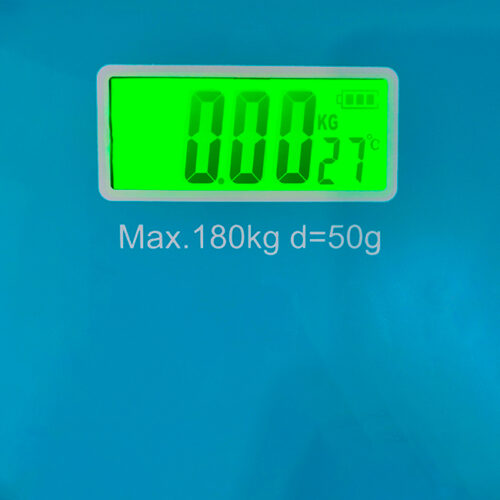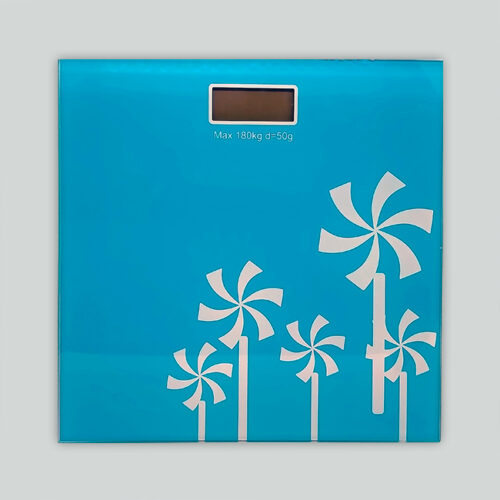Weighing Machine
Sale!
₹655.00 ₹550.00
| Weighing Capacity | 180kg |
| Usage/Application | Clinic, hospital, etc |
| Material | Tempered Glass |
| Accuracy | 99% |
| Country of Origin | Made in India |
Category: 2 All Products, OTC Products
A weighing machine, also known as a weighing scale or balance, is an instrument used to measure the weight or mass of an object. It is commonly used in various settings, including laboratories, industries, commercial establishments, and households.
There are different types of weighing machines available, each with its own features and applications. Here are a few common types:
- Mechanical Balance: This type of weighing machine uses a system of levers and counterweights to determine the weight of an object. It typically has two pans or platforms, with one for the object being weighed and the other for the counterweights. The balance is achieved when the pans are at the same level.
- Electronic Balance: Electronic balances utilize strain gauge or load cell technology to measure weight. These balances have a digital display and provide quick and accurate readings. They often come with additional features such as taring (zeroing) function, unit conversion, and data connectivity.
- Analytical Balance: Analytical balances are high-precision instruments used in laboratory settings for precise measurements of mass. They have a high sensitivity and can measure weight with a resolution of up to 0.0001 grams (0.1 milligrams). They are commonly used in analytical chemistry, pharmaceutical research, and quality control applications.
- Platform Scale: Platform scales are larger weighing machines with a platform on which objects or materials are placed for weighing. They are commonly used in industrial settings to measure heavier loads, such as pallets, containers, or bulk materials.
When using a weighing machine, it is important to follow the manufacturer’s instructions for proper calibration, zeroing, and handling. Additionally, ensure that the object being weighed is placed accurately and that the scale is used on a stable and level surface to obtain accurate and reliable measurements.
Be the first to review “Weighing Machine” Cancel reply
You must be logged in to post a review.

 Rapid Diagnostic Products
Rapid Diagnostic Products Serology Products
Serology Products Clinical Lab Accessories
Clinical Lab Accessories OTC Products
OTC Products Water Quality Test Kit
Water Quality Test Kit 











Reviews
There are no reviews yet.